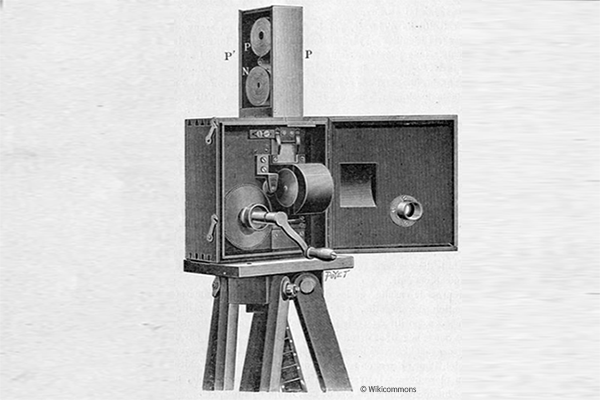In my presentation I talk about how following the September 11th attacks, the US government started a program called Total Information Awareness to stop the next terrorism threats. It was initiated in 2002 by the Information Awareness Office, and the program aimed high by analyzing enormous volumes of data from many public and commercial sources to identify any terrorist activity before it could actually happen. But the technologies the program used and its strategies caused serious questions about privacy and the possibility of government abuse. These issues still ring true today given the ongoing use of similar monitoring techniques.
TIA had as its supposed goal, which was protecting the country by spotting terrorist activity before it could start. The start of this program wanted to receive a lot of data, including phone calls, emails, medical records, bank transactions, travel histories, and even grocery store purchases. The idea was to make a "pattern of life" for each person by using AI algorithms to find strange patterns or possible dangers.
Still, the amount of data collecting set off societal concern alarms. Since the TIA's primary goal was to monitor every member of society, many individuals didn’t hide their expressed concerns about the potential misuse of this type of monitoring (thank God). To protect people from unreasonable searches and seizures, the Fourth Amendment of the U.S. Constitution says that the government must have probable cause or a warrant before getting involved in private matters.This “program” completely contradicted that amendment.
Once specifics about TIA got out, it was basically a wrap with the program. Congress responded in 2003 by enacting legislation and also cutting off program funding; by 2004, the government officially closed TIA. Still, it didn't evaporate entirely. They rebranded it as Terrorism Information Awareness, and the program's technologies were still being used in several other government monitoring projects.
Even though the Total Information Awareness campaign was formally ended, its form of technologies continues to endure. Many of the technology and monitoring techniques created for TIA have gone into modern security systems. Under the pretense of national security, agencies like the NSA keep watching communications, financial transactions, and even social media activity today.
As it has been talked about how advanced technology is now, surveillance risks are much higher in the digital era. Governments now have unheard-of access to personal data, as almost every element of our lives is now online, including banking and shopping. Globally monitoring people can be a tool for good, helping to stop crime and terrorism, but it also invites possible abuse,which people were concerned about in the beginning.
Through the TIA program presentation I did, I learned how important clear rules and responsibility are in the digital age. Keeping society fair depends on new technologies that do not violate people's rights.People and legislators should be told about how surveillance is carried out going forward to make sure it does not overreach itself. The debate between privacy and security is far from finished, especially with modern day technology, and the legacy of Total Information Awareness still shapes our perceptions of governments monitoring us now.











